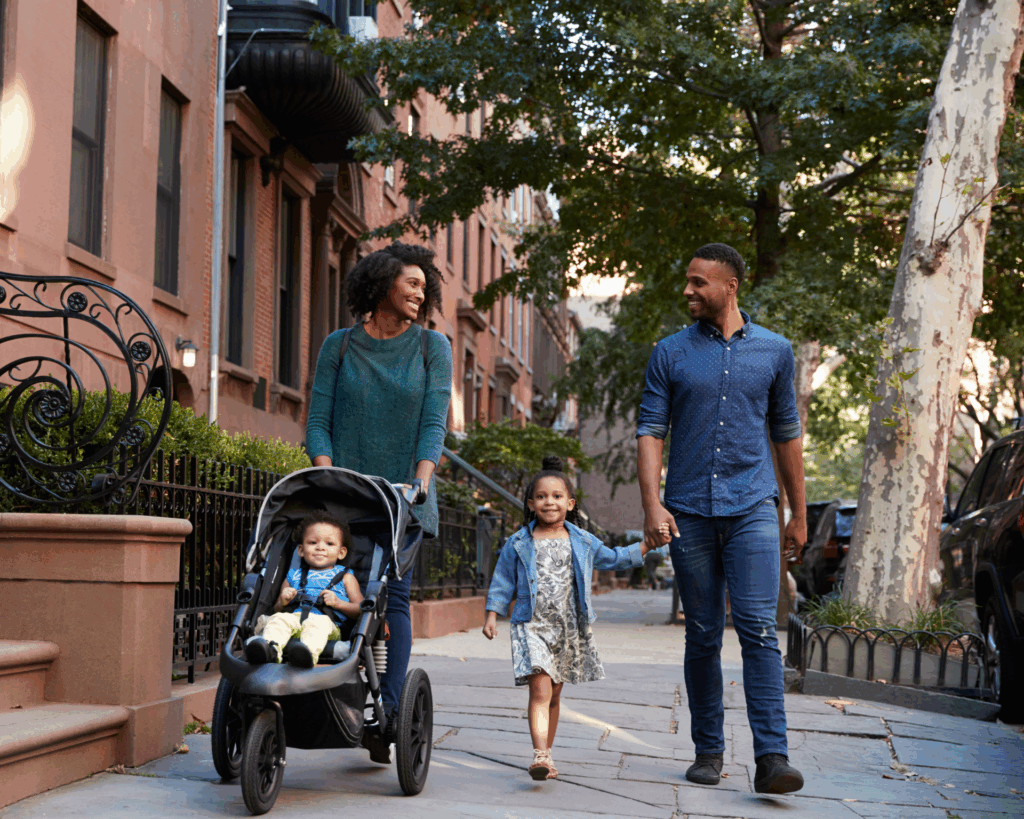Planting Trees to Shade Generations to Come
The cost of failing to address today’s environmental tragedies means economic ruin, and fewer people living to see tomorrow.

Read Time: 6 minutes
Published:
Public Health Post is pleased to announce this year’s student essay contest winner, Adaeze Okorie.
Thank you to final judge Paul Shafer, and to our 2022 PHP writing fellows Barbara Espinosa, Bethany Hallenborg, Connor McCombs, Abby Outterson, and Hannah Tremont, who served as preliminary judges as they wrapped up their fellowship in January. We appreciate all the students who took the time to enter by writing about a public health policy that should be prioritized this year.
Congratulations to our winner! Here is her appeal to Speaker of the House Kevin McCarthy.
Dear Mister Speaker,
“A society grows great when old men plant trees in whose shade they shall never sit,” (Greek Proverb). I share this quote, not to age you, but to ask for your leadership today to conquer a dire public health threat — the climate crisis.
The climate crisis does more than devastate the environment. Harvard T.H. Chan School of Public Health Dean, Michelle Williams, put it simply: “When Americans are healthier, medical costs decline and job productivity goes up.” Yet the climate crisis makes Americans sicker, and sends them the bill. Professor Amir Jina warns about how climate change affects the U.S. economy’s future. Dr. Jina’s published work describes how high CO2 emissions could cause the U.S. economy to lose between 1% to 4% of its GDP per year by the end of the century.
We are suffering from climate consequences that also threaten our physical and mental health. For example, heat stress is widely known to affect physical health through heat stroke and heat rash. Additionally, researchers are exploring the association between mental health and heat stress. Amruta Nori-Sarma and colleagues found that rising temperatures have been associated with costly emergency department visits for mental health conditions from 2010 to 2019.
The climate crisis also threatens our general wellbeing. A 2022 study conducted by Vivien Lyons and colleagues revealed a consistent relationship between higher temperatures and higher risk of shootings in 100 of the country’s most populated cities. The authors use the temperature-aggression theory to explain how warmer temperatures increase stress hormones in the nervous system, which may increase potential for violence between individuals. We also tend to have larger outdoor social gatherings in warmer temperatures, which can increase the chance for interpersonal conflict.
In 2021, you demonstrated the type of leadership needed by cosponsoring H.R.2639 — the Trillion Trees Act. Planting trees might be where Congress starts to conquer the climate crisis, but it should not be where Congress stops. Reforestation alone is not enough. This policy must work in tandem with efforts like reducing carbon emissions and transitioning to clean energy to ensure our children’s children’s future.
Investing wisely and responsibly in public health prevention today, benefits tomorrow. As Benjamin Franklin said, “an ounce of prevention is worth a pound of cure.” Rebecca Masters and colleagues published a systematic review revealing that health protection and legislative interventions generally yielded high median returns on investment. The reported median ROI was 34.2 for health protection, meaning $34 dollars made for every dollar spent in this area. The median ROI for legislation was 46.5, and for health promotion interventions, it was 2.2. The data suggest that the most profit can be made by investing in legislative interventions.
The consequences of our inaction do not discriminate by party, race, age, creed or state. This is, at its core, a bipartisan issue because it affects us all.
Legislation has the power to encourage individual responsibility in combating the climate crisis, as well. For example, though the U.S. emits less carbon overall than China, China is beating the U.S. in per capita emissions. World Bank data from 2019 showed that the average person in China emitted 7.6 tons of CO2, while the average American emitted 14.7 tons. Collectively, China is also beating the U.S. in producing renewable wind and solar energy. Fiscal policy experts Alan Krupnick and Ian Parry encourage policy makers to implement carbon taxes on the fossil fuel supply chain to reduce per capita CO2 emissions. We also need to reward and incentivize Americans with clean energy tax credits, to help stabilize the market and stimulate investment. You have the opportunity to lead us towards investing in the right policies that will benefit our economy and our environment.
The cost of not addressing today’s environmental tragedies means economic ruin, and fewer people living to see tomorrow. In order to stop the trend of rapid warming, global scientists authored a report advising we keep the average global temperature from rising beyond 1.5 degrees Celsius. In my home state of New Hampshire, the average annual temperature has already increased by 1.73 degrees Celsius since 1900, according to a study. That same study found that the average winter temperature in NH rose by 2.50 degrees Celsius in that same timeframe. This means families in places like Pittsburg, NH, the snowmobiling capital of New England, are suffering. Why? Because the winter season, an estimated $12.2 billion industry, is rapidly disappearing.
Your leadership must affirm the urgency of this crisis. You’ll find proof of this urgency right in your home state. As a son of Bakersfield, California, you’re not too far removed from devastating winter storms, flooding and mudslides that have left at least 17 people dead already this year. On January 9, about 2 hours from your hometown, floodwaters swept 5-year-old Kyle Doan from his mother’s arms. The search for Kyle still continues. He, and the rest of the country, needs your help. In your “Commitment to America,” we need a plan from you, and other elected officials, for a new direction, and a new opportunity to beat the climate crisis. The consequences of our inaction do not discriminate by party, race, age, creed or state. This is, at its core, a bipartisan issue because it affects us all.
One Kyle Doan story is one too many. The future of your state and our nation cannot be cut short by our current carelessness. I ask you, Mister Speaker, to be a leader in planting trees to shade generations to come, by acting now in support of the policies I’ve outlined. It’s been said that the best time to plant a tree is 20 years ago. The next best time is today. I hope you choose to lead us today.
Sincerely,
Adaeze Okorie
Photo via Getty Images



